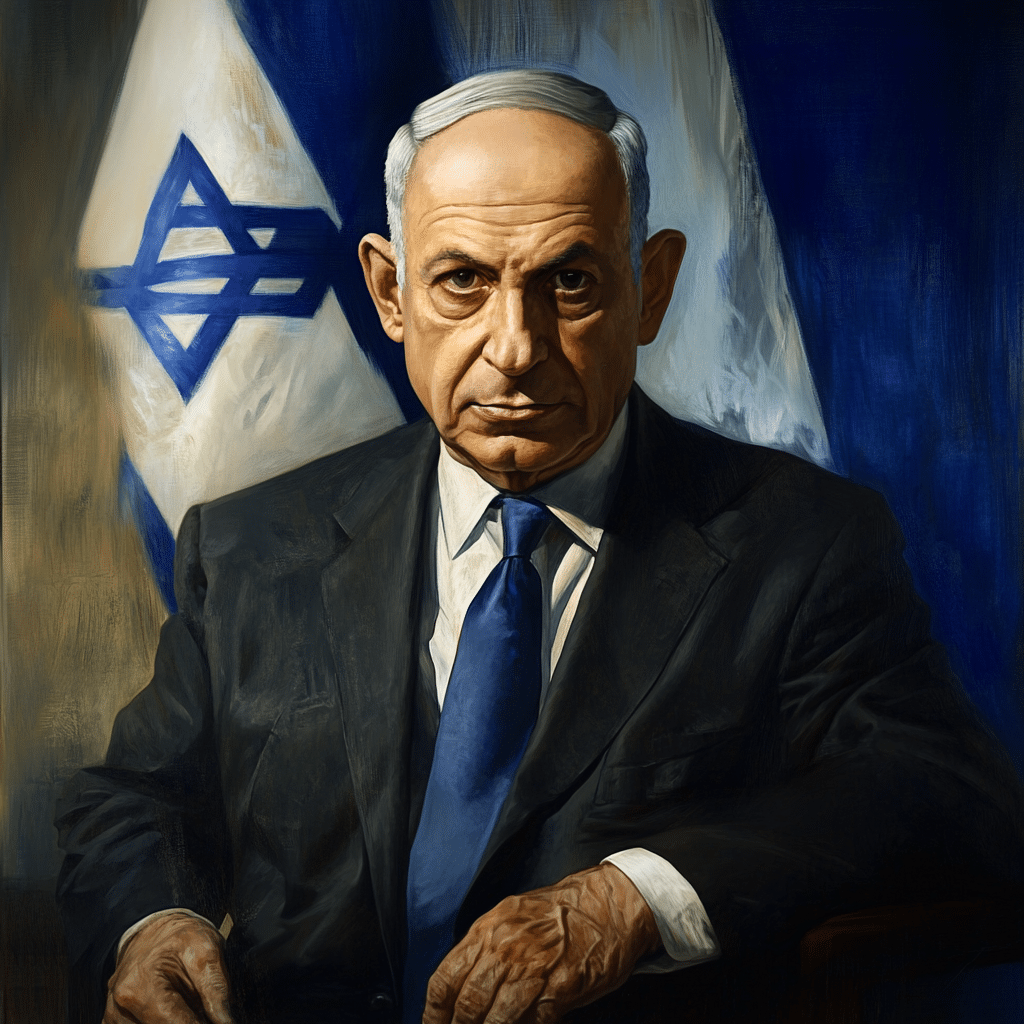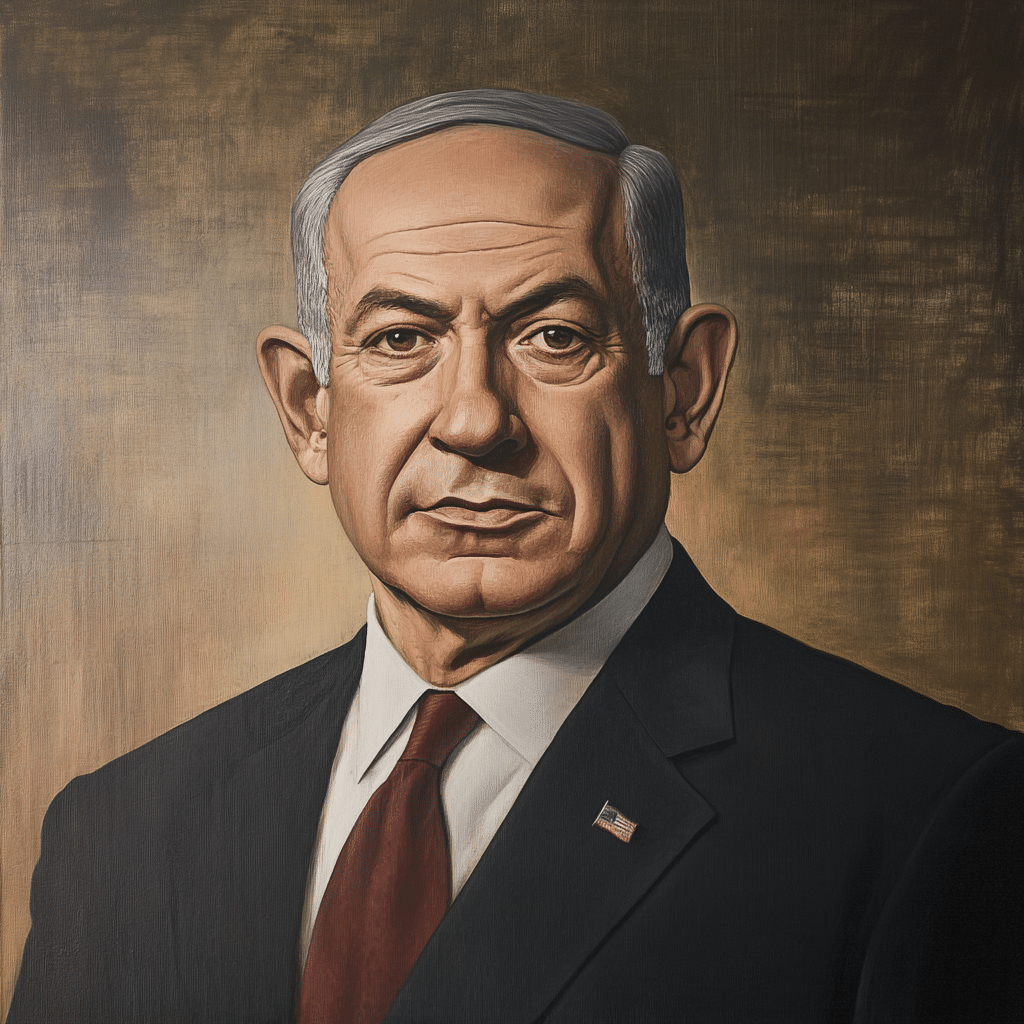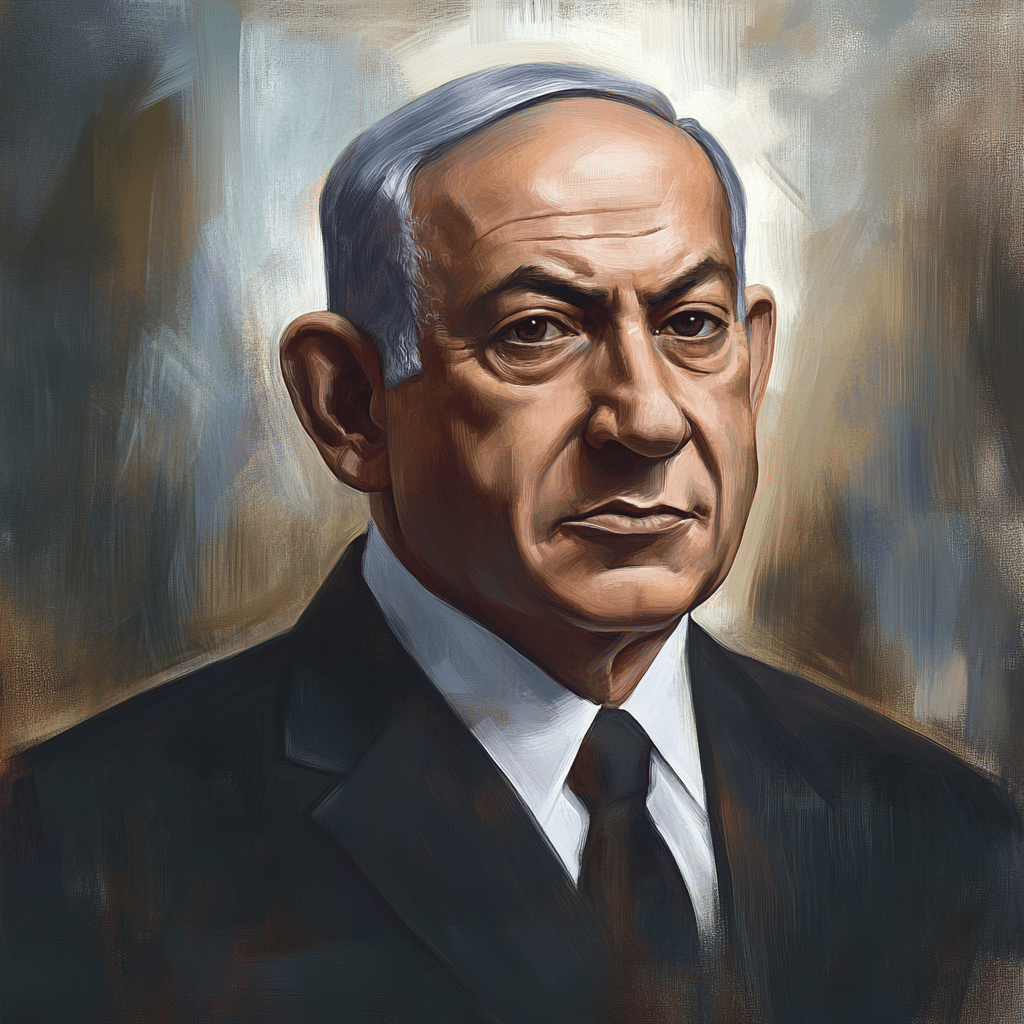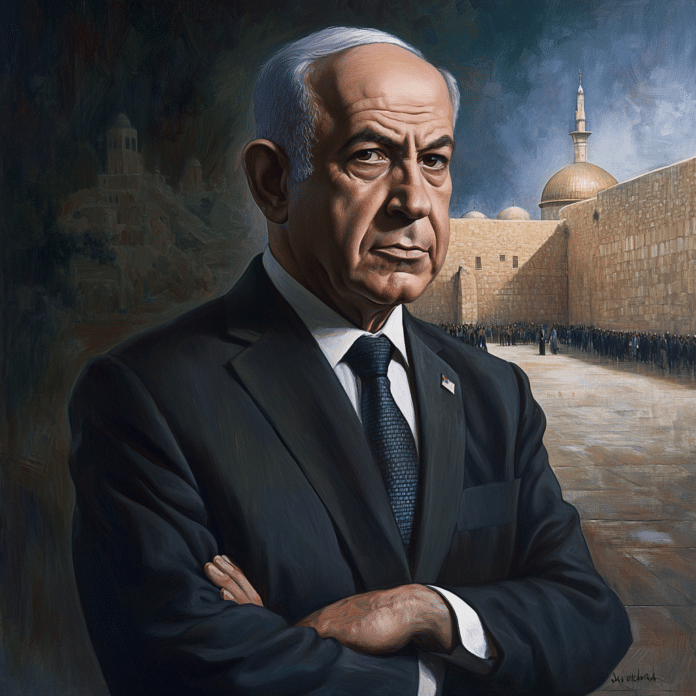## Trump, Israel, and the Bold Move That Changed Everything
In the years leading up to 2024, Trump’s policies regarding Israel have left a significant mark on U.S.-Israeli relations. His 2017 announcement to move the U.S. embassy from Tel Aviv to Jerusalem wasn’t just a routine political decision. It was a seismic shift that some supporters hailed as a historic milestone, while critics labeled it incendiary. This bold move helped solidify the alliance between the two nations, yet it also stirred unrest in the region that continues to echo in today’s geopolitical landscape.
The backlash was swift; protests erupted in the West Bank, and many countries condemned the decision, fearing it could derail any meaningful diplomatic attempts at a two-state solution. Critics argue that such unilateral actions violate long-standing international agreements that prioritize dialogue and mutual recognition. Even two years after Trump’s presidency, the ramifications of the embassy’s relocation shape alliances and affect long-standing conflicts.
Personifying the ongoing strain in diplomatic negotiations was the sentiment expressed in Colin Powell’s remarks. He argued for balance in U.S. foreign policy, emphasizing the need for multilateral approaches — a perspective that starkly contrasts with Trump-era doctrines. Understanding these shifts is crucial for anyone interested in the complexities of international diplomacy surrounding Israel.

2. Five Key Moments That Defined Trump’s Relationship with Israel
2.1 Recognizing Jerusalem as Israel’s Capital
One of the most pivotal moments during Trump’s tenure was the recognition of Jerusalem as Israel’s capital. On December 6, 2017, Trump delivered a speech that reverberated throughout international diplomacy. Despite cautionary whispers from his advisors regarding potential fallout, the proclamation drew mixed reactions globally, with sharp protests in the Palestinian territories juxtaposed against applause from certain evangelical factions in the U.S.
By acknowledging Jerusalem, Trump not only altered the diplomatic landscape but also altered the narrative of American foreign policy. His Trump speech marked a bold assertion of American interests in the region, potentially igniting a renewed cycle of violence but also galvanizing support for his administration among pro-Israel constituencies.
2.2 The Abraham Accords
In 2020, the announcement of the Abraham Accords signaled a groundbreaking change in Middle Eastern geopolitics. This agreement, which normalized relations between Israel and several Arab nations like the United Arab Emirates, represented a significant departure from decades of entrenched diplomatic frameworks. The Accords offer a fresh perspective on peace that had eluded earlier administrations.
Trump’s willingness to engage with former adversaries revitalized discussions about cooperation, trade, and mutual recognition, contributing to an era of potential stability. The Accords symbolized not just a shift in diplomacy but also a foundational change in how global powers perceive the Middle East. As observers noted, this was a remarkable achievement worthy of attention and scrutiny.
2.3 Military Aid Enhancement
Trump’s administration prioritized military aid to Israel, reinforcing American support in a politically sensitive region. The 2016 Memorandum of Understanding established $38 billion of military aid over a decade, but Trump sought further enhancements. His administration consistently positioned Israel’s military superiority as a primary U.S. interest in the region.
This commitment to military aid underscored a clear message: the U.S.-Israel alliance was unshakeable. Maintaining a superior military presence in the Middle East remains vital in navigating burgeoning threats that loom over the region. Through this lens, Trump’s approach reflects a blend of strategic alignment with Israel and a deterrent strategy aimed at adversaries.
2.4 Critiques of Multilateralism: The United Nations
Under Trump, America’s relationship with international organizations, particularly the United Nations, underwent a seismic shift. His administration criticized the UN for perceived biases against Israel, leading to U.S. withdrawals from various UN bodies. This rejection of multilateralism resonated deeply with Trump’s base, symbolizing a pivot towards nationalism over global cooperation.
Critics contended that Trump’s critiques of global institutions undermined the potential for a balanced approach to Israeli-Palestinian peace. By distancing from these entities, America faced questions regarding its role as a mediator. The challenge remains: can future administrations reconcile the urgent need for credible diplomacy with evolving global perspectives?
2.5 Symbolism of the Trump Flag at Rallies
The visual language of politics often holds more weight than words alone. At numerous Trump rallies, flags emblazoned with his name have become intertwined with pro-Israel sentiments. These gatherings function not only as shows of support for Trump but also as celebrations of an affirmed pro-Israel stance under his administration.
Through this lens, the Trump flag emerges as a multifaceted symbol. On one hand, it unites supporters, while on the other, it represents a cultural endorsement of American policies that favor Israel in an often polarized global environment. Understanding how domestic politics intertwine with international ventures is critical; as nationalism rises, so do questions about fairness in foreign policy.
3. Powell Speech Today: The Legacy Continues
In today’s heated political terrain, Colin Powell’s advice about maintaining equilibrium in U.S.-Middle East policies remains relevant. As discussions around Trump’s maneuvering evolve, Powell’s insights on diplomacy echo loudly. The balancing act he emphasized is pivotal, given the delicate framework built during Trump’s era.
Critics of unilateral approaches now advocate for the restoration of multilateralism, urging leaders to draw lessons from the past. As negotiations around the two-state solution reemerge, there’s a palpable tension between existing frameworks and the path forward. Striking the right balance can lead to renewed prospects for peace, yet it requires a commitment to dialogue and understanding.

4. The Cultural Ripple Effect: Michelle Obama Pregnant Rumors
Amid geopolitical tensions, lighter narratives surface, capturing public interest in unexpected ways. The speculation about Michelle Obama’s pregnancy, albeit unfounded, serves as a reminder of how celebrity culture can overshadow global issues. While these stories may seem trivial, they reflect larger societal trends that distract from more pressing matters.
Stories like these emerge during pivotal moments in history, functioning as societal barometers of engagement and distraction. The interplay between celebrity culture and significant political events, such as Trump’s assertions about Israel, highlights just how diverse public attention can be. Ultimately, understanding these distractions provides insight into how societal contexts shape political narratives.
5. The Road Ahead: Implications for Future U.S.-Israel Relations
As we peer towards 2024 and beyond, the implications of Trump’s legacy hang in the balance like a pendulum. Future leaders will confront the task of deciding whether to embrace Trump’s individualistic diplomacy or revert to more inclusive approaches. How this debate unfolds will matter as electoral candidates position their agendas.
Political contenders will ideally balance the past with fresh ideas, fostering relationships that may yet be scarred but not irreparably damaged. The evolving landscape of U.S.-Israel relations hinges on the ability to adapt, innovate, and resolve complexities crafted in previous years. As events unfold, it becomes democratic discourse that remains central to sustainable peace efforts.
Understanding the intersection of political decisions, cultural narratives, and bilateral alliances will guide the way forward. Observers worldwide remain cautiously optimistic as the global fabric weaves itself into new patterns. With stakes running high, the quest for lasting peace continually shapes our collective narrative in this unending quest for harmony and understanding.
As we reflect on these challenges, let’s keep an eye on emerging narratives and how they interplay with the unfolding drama of international relations. The stakes remain high, and the outcome, uncertain. Will the U.S. continue its unwavering support for Israel? Only time will tell.
Trump Israel: Fun Trivia and Interesting Facts
The Trump Effect on Israeli Relations
Did you know that Trump’s recognition of Jerusalem as Israel’s capital was a game-changer? This bold move not only ignited celebrations in Israel but also sparked protests around the globe. Interestingly, developments like this often stand in stark contrast to other headlines, such as the buzz around the latest Post Malone country song. Just as music evolves, so do international relations, and Trump’s stance on Israel certainly left its mark, drawing parallels with changing cultural tides.
Unexpected Connections
Speaking of connection, did you know that Vauxhall District, London, is home to a large Israeli expat community? It’s fascinating how places around the world can feel the ripple effects of decisions made in distant countries. Much like the ongoing rivalry seen in sports, such as the Toronto Raptors vs. Knicks match player stats, international dynamics can change rapidly, leaving fans and political analysts alike scrambling to keep track. Just as sports often brings unexpected team synergy, political moves can lead to surprising alliances on the world stage.
A Closer Look at the Aftermath
Remember, not every bold political decision goes smoothly. Trump’s Israeli policy stirred a range of reactions. Some critics drew parallels between his rallies and the dramatic nature of a Lakers vs. Washington Wizards match player stats—exciting yet full of unexpected twists. Just like players need to adapt on the court, politicians must pivot their strategies in response to global reactions. As we delve deeper, keep in mind that every bold move, from policy changes to cultural phenomena like cherry kiss, can change our perspective on the unending dynamics of global politics.




